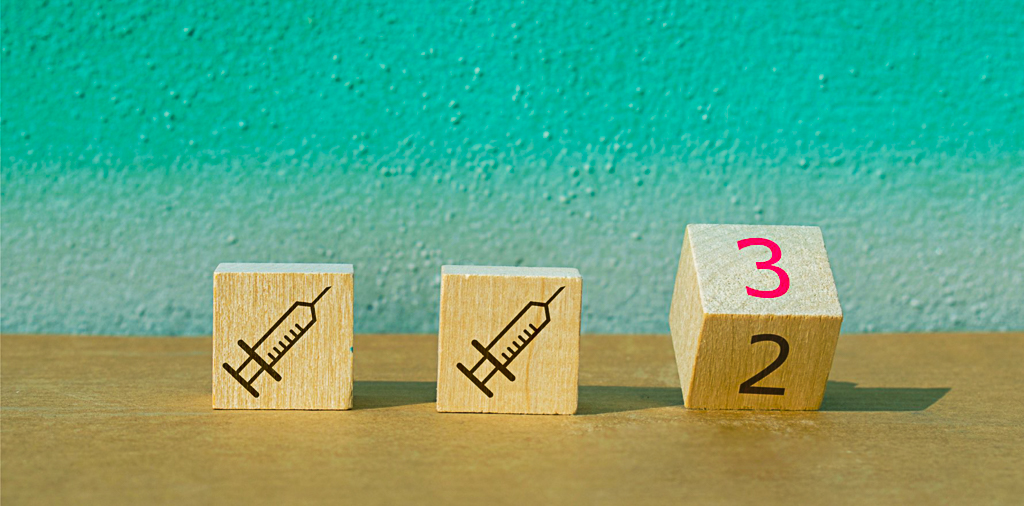There's little direct evidence for booster shots in patients with weakened immune systems, but a new NIH trial aims to address that.
Health authorities in various countries, including the US, UK, Israel and France, have recommended a booster dose of covid vaccine for certain immunocompromised people.
However, at this point there is limited data for booster vaccines in immunosuppressed patients, and what exists is mainly in transplant recipients.
To address this, the NIH has begun a new trial, Covid-19 Booster Vaccine in Autoimmune Disease Non-Responders, to look at antibody responses to a covid vaccine booster dose in patients with autoimmune disease who failed to respond to the initial vaccine regimen.
The patients must have had two mRNA vaccine doses or one dose of the Johnson & Johnson vaccine prior to enrolment, and also be taking mycophenolic acid, methotrexate or B-cell depleting drugs.
In addition to antibody responses, the study will also investigate whether pausing immunosuppressive therapy improves the antibody response to an extra covid vaccine dose in these patient groups. Preliminary results are expected in November this year.
“Many people who have an autoimmune disease that requires immunosuppressive therapy have had a poor immune response to the authorized and approved COVID-19 vaccines, placing these individuals at high risk for the disease,” said Dr Anthony Fauci, director of the National Institute of Allergy and Infectious Diseases (NIAID), in a press release.
“We are determined to find ways to elicit a protective immune response to the vaccines in this population. This new study is an important step in that direction.”
Meanwhile, there was a small Austrian study recently published on medRxiv comparing the seroconversion efficacy of a booster (third) dose of AstraZeneca vs mRNA vaccines (Pfizer or Moderna) in immunosuppressed patients. The 55 patients with chronic inflammatory rheumatic or neurologic diseases were taking rituximab and had not seroconverted after their primary vaccine, which was an mRNA vaccine.
Overall, 27% seroconverted after the booster dose, and the additional booster vaccine reduced the proportion of patients lacking both a humoral and cellular response to primary vaccination from 31% to 6%. While studies in healthy populations find a better humoral and cellular immune response with heterologous booster vaccination, there was no statistically significant difference in response between AZ or mRNA vaccine boosters in this patient group. However, the numbers were small. The study is in preprint and hasn’t been peer-reviewed.
Booster vaccination in immunosuppressed patients has taken on even more importance, given recent reports of breakthrough covid infections in fully vaccinated rheumatic disease patients in the US and Europe.
A report from Mass General Brigham (MGB) in Boston described that, since vaccine authorisation, 16 (5%) covid infections in rheumatic disease patients were breakthrough infections in fully vaccinated patients. Of those, two patients died, both on rituximab. Similarly, EULAR’s COVAX registry and the COVID-19 Global Rheumatology Alliance reported 38 breakthrough infections in partially vaccinated patients with 3 (8%) deaths.
Both reports, which were published in Annals of the Rheumatic Diseases, called for more study to understand how vulnerable rheumatic disease patients might be even after vaccination.


